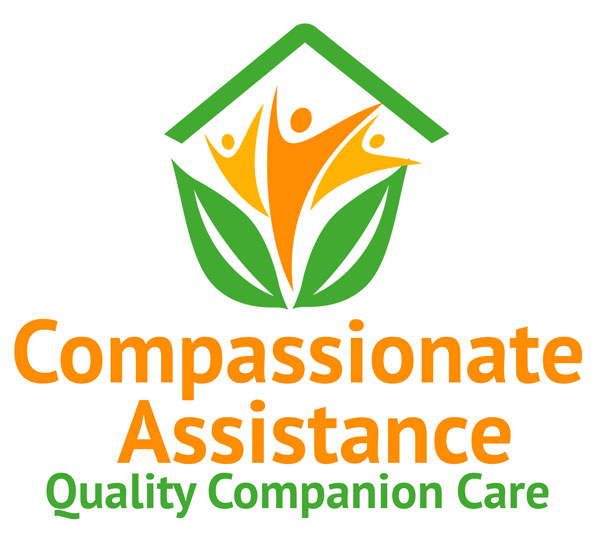Ask yourself and your senior loved one if they could benefit from companionship, medication reminders, meal preparation, light housekeeping and escorts to appointments? What are the transportation needs? Look at the current location and if it’s accessible to public transit. If the home is in a rural area, or suburbia, how long does it take to retrieve food, medical appointments, and other necessities?
Other things to consider: Does the home require maintenance and remodeling for easier aging in place? Is the family close enough to offer help and support during the day hours and night hours or will the aging relative be left unattended for prolonged periods of time? Will the budget allow hourly or live-in home care?
SIGNS A LOVED ONE NEEDS IN-HOME CARE
- A recent fall or complaints of dizziness, feeling unsteady on their feet
- Have limited access to activities or isolated and alone much of the time
- Weight loss or loss of appetite
- Increasingly forgetful, confused or anxious
- A change in personal hygiene, unkempt, and bath less
- Has difficulties getting to appointments and running errands
- Forget to take their medications, or are they taking multiple medications prescribed by different providers?
- Has little family and friend support
- Diagnosed with a chronic illness and has trouble remembering to take medications
- A recent hospitalization

Recent Comments